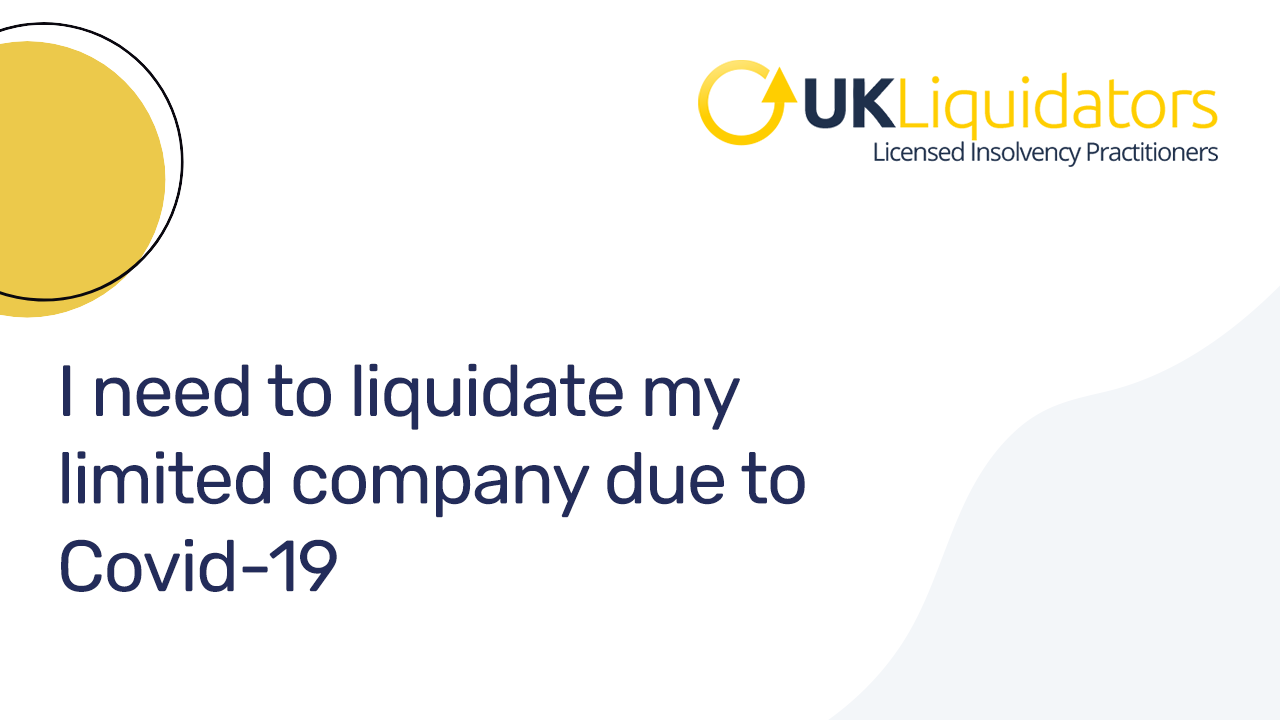The Main Principles Of Insolvency Practitioner
The Main Principles Of Insolvency Practitioner
Blog Article
Not known Details About Insolvency Practitioner
Table of ContentsThe smart Trick of Insolvency Practitioner That Nobody is Talking AboutThe 2-Minute Rule for Insolvency PractitionerThe Definitive Guide for Insolvency PractitionerRumored Buzz on Insolvency PractitionerInsolvency Practitioner for BeginnersNot known Facts About Insolvency PractitionerWhat Does Insolvency Practitioner Do?
Bankruptcy is when responsibilities are above the worth of the firm, or when a debtor can not pay the financial debts they owe. A business can come to be financially troubled due to a variety of circumstances that cause poor cash circulation. When encountered with bankruptcy, a business or individual can contact creditors directly and restructure financial obligations to pay them off.Service owners might contact financial institutions directly and restructure financial obligations into even more convenient installations. Lenders are normally amenable to this strategy since they want to be settled and avoid losses, even if the payment is on a postponed timetable.
The Basic Principles Of Insolvency Practitioner
The proprietor produces a proposal detailing how the financial debt may be restructured utilizing expense reductions or various other strategies for support. The proposition reveals financial institutions how business might generate enough capital for successful procedures while paying its debts. Typically, a forgiven debt might be considered income by the Irs (INTERNAL REVENUE SERVICE).

Unknown Facts About Insolvency Practitioner
The organization might wind up paying huge amounts of money in problems and be overcome procedures. When procedures discontinue, so does the firm's income. Lack of income results in unpaid costs and lenders requesting money owed to them. Some companies end up being insolvent due to the fact that their goods or solutions do not progress to fit customers' changing requirements.
Expenses surpass earnings and expenses continue to be overdue. Cash-flow bankruptcy takes place when a company has the properties to cover their financial debts but they are in the incorrect kind, such as actual estate rather of fluid funds. Balance-sheet bankruptcy, on the various other hand, suggests an absence of properties in any form to cover debts.
The IRS states that an individual is insolvent when the total obligations go beyond overall assets. A bankruptcy, on the other hand, is a real court order that illustrates exactly how an insolvent person or business will settle their lenders, or just how they will certainly market their possessions in order to make the settlements.
The smart Trick of Insolvency Practitioner That Nobody is Discussing
:max_bytes(150000):strip_icc()/accountinginsolvency_definition_final_primary_1013-ec9f30044d93461fb78191b77bbcbd17.jpg)
Financial obligation debt consolidation is when you incorporate several financings into one brand-new funding, commonly to Recommended Site achieve far better terms. Insolvency is not the like bankruptcy, although a business that has actually ended up being financially troubled might declare bankruptcy. Insolvency is the state of not being able to pay your obligations while insolvency is a lawful process to discharge your debts.
Understanding the aspects that can lead to insolvency, such as overspending, can aid you prevent bankruptcy and its repercussions.
Facts About Insolvency Practitioner Revealed
It is well understood that directors and police officers of corporations (and supervisors of limited obligation companies) owe fiduciary obligations to their companies and their investors (or members). These fiduciary obligations are defined by state laws and, though there are variations from state to state, they normally include a duty of commitment and an obligation of care.
The duty click this of care calls for directors and policemans to work out diligence, to make informed decisions, and to act in great confidence so that their activities remain in the most effective rate of interest of the company. Past the scope of this discussion, some states allow these duties to be limited either by so noting in the organizational records or abiding with various other needs.
Insolvency Practitioner for Beginners
Most states define insolvency in 2 ways( 1) when a firm's liabilities become higher than the amount of its assets or (2) when the company becomes not able to pay its financial debts as they become dueand embrace both meanings (Insolvency Practitioner). The change in obligations happens due to the fact that when a firm is bankrupt, there is no value in the firm past that owed to the business's lenders to make sure that the equity owners no longer have a financial stake in the business
Be mindful regarding offering investors preferential therapy at the expenditure of lenders (e.g., authorizing and funding a reward or a supply redemption). Take care regarding favoritism between classes of shareholders. Clear up efforts to great post to read find out all the realities prior to taking a specific training course of activity; supervisors must truly think that any choices made are in the finest interests of the corporation in its whole (i.e., choices will certainly be examined in knowledge because of the effect of such actions on the company).
In any kind of personal bankruptcy or insolvency case, payments made to certain financial institutions at the cost of various other lenders can be clawed back, especially if there is some link between the firm and the financial institution. Take into consideration proposing at an annual investor meeting (or any kind of various other conference of stockholders) a resolution attesting that all previous company choices and actions taken by the directors and police officers of the corporation were taken in great belief after an exercise of affordable treatment.
Little Known Questions About Insolvency Practitioner.
Fully disclose any type of personal or business relationships with parties beyond of transactions including the corporation to avoid the look of a conflict of passion. In examining potential fund raising transactions or a sale of assets of the distressed corporation, realize that these transactions might be scrutinized later on due to any kind of subsequent development of supervisors' fiduciary tasks to include creditors.
Report this page